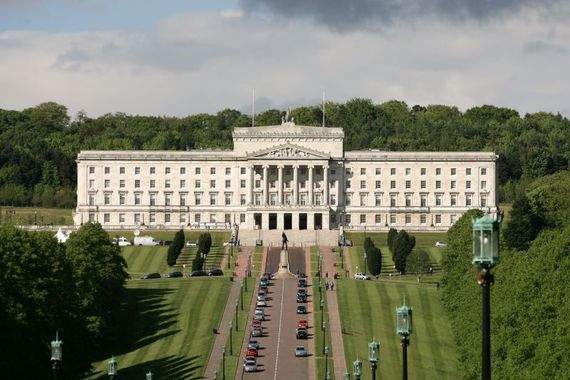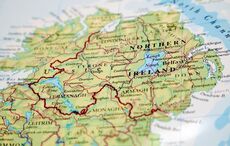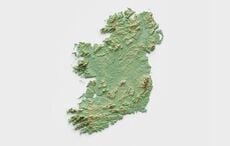Northern Ireland Secretary of State Chris Heaton-Harris has confirmed that he will be calling a fresh Assembly election after last-minute talks failed to restore devolved government in the region.
Heaton-Harris said on Friday that he was "extremely disappointed" the Executive was not reformed by the October 28 deadline.
Today Stormont could be taking decisions to ease the challenges people face. Instead, the legal duty to act falls to me as Secretary of State.
I will be providing an update on this.
(2/2)
— Chris Heaton-Harris MP (@chhcalling) October 28, 2022
"This is a really serious situation," Heaton-Harris told reporters on Friday.
"As of a minute past midnight last night, there are no longer ministers in office in the Northern Ireland Executive.
"Now I will take limited but necessary steps to ensure public services do continue to run and to protect the public finances.
"But there's a limit to what the Secretary of State can do in these circumstances."
Heaton-Harris said joint authority in Northern Ireland "is something that we will simply not consider.
"It's not based on the consent mechanism that is threaded through the Belfast / Good Friday Agreement.
"So, we are where we are. I have limited options ahead of me. I am under a legal duty to call an election within 12 weeks.
"I've had lots and lots of talks with all the parties and will continue to do so.
"I hear when parties say that they really do not want an election at all, but nearly all of them the parties who signed up to the rules, the law that means that I need to call an election.
"You'll hear from me on that particular point next week."
The opportunity to appoint ministers to the Executive expired at one minute past midnight on Friday, October 28.
The Northern Ireland Assembly was recalled on Thursday, October 27 in a last-minute attempt to restore devolved government, but attempts to elect a new house speaker were unsuccessful, preventing any other business from being concluded.
Devolved government has not functioned in Northern Ireland since before the most recent assembly elections in May when Sinn Féin made history by becoming the first nationalist party to win the highest number of seats in the Assembly.
However, the DUP is refusing to enter into power-sharing with Sinn Féin until its concerns over Brexit's Northern Ireland Protocol are addressed.
Under the terms of the Good Friday Agreement, power-sharing in Northern Ireland can only be restored with cross-community consent from nationalist and unionist parties.
DUP leader Sir Jeffrey Donaldson blamed the UK Government for the failure to restore devolved government, adding that the government could have extended the six-month deadline period but chose not to.
"We've had six months in which to do something about the protocol, and during those six months we have had three prime ministers, we have had the government changed often and we haven't seen the progress that is needed," Donaldson told BBC Radio Ulster.
"I think the government would be within its rights to say given that those six months have elapsed and progress hasn't been made that we need a further period to sort this out, get a solution on the protocol that restores Northern Ireland's place within the UK internal market and that will see the institutions restored immediately."
Taoiseach Micheál Martin said the key issue in Northern Ireland is the restoration of the assembly and the executive, adding that it is regrettable that the DUP did not take its seats in the assembly.
Martin said another election would lead to "further polarization", adding that there is an "obligation on everybody" to ensure that a second election doesn't happen.




Comments